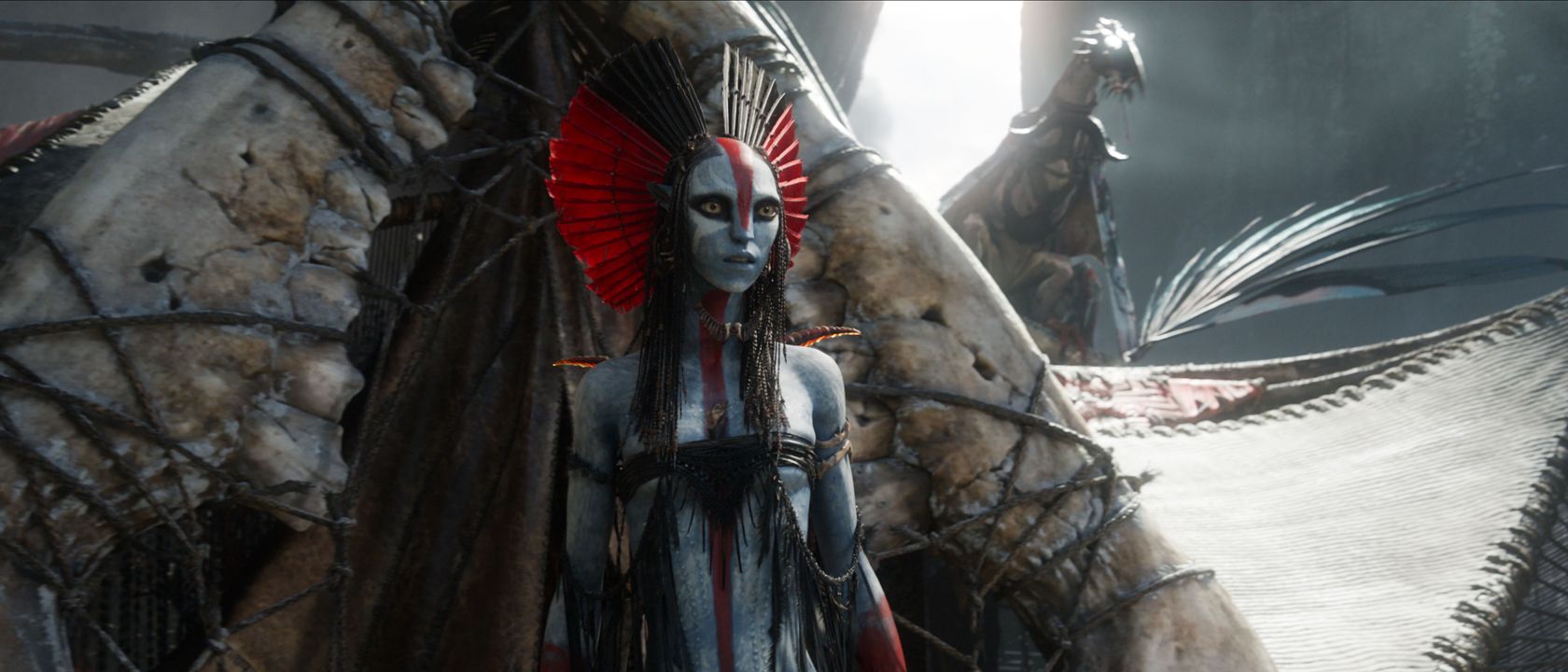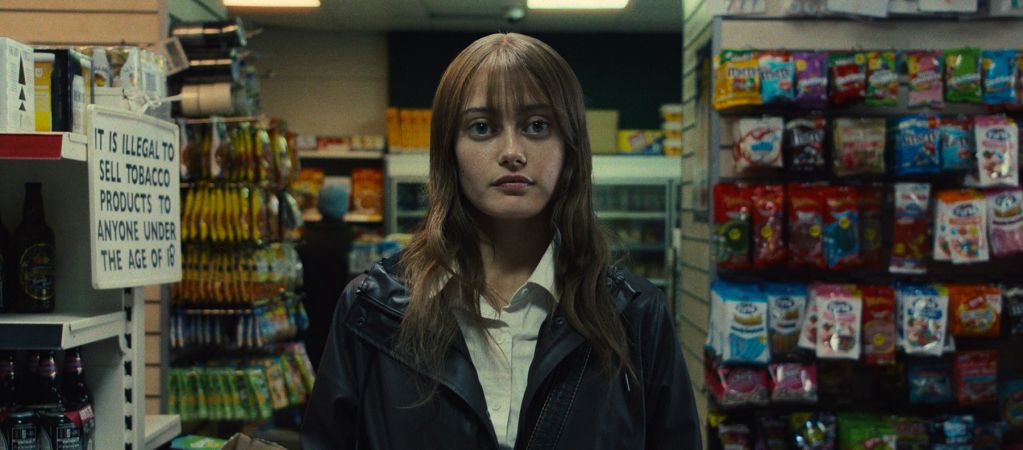
Benedict Cumberbatch leads a cast of gifted actors in Jane Campion’s The Power of the Dog, a fairly engaging yet slightly anticlimactic film based on the book of the same name by Thomas Savage. The strong acting and interesting cinematography that includes beautiful landscapes bring balance to a rather barren plot that initially shows promise but then goes through several lulls. Still, the film delivers in enough aspects to warrant a watch.
The story unfolds in the beautiful Montana countryside, where ranchers, led by Phil Burbank (Cumberbatch), arrive at a small outpost, seeking food and lodging. There, the rough and tough individuals have dinner at the inn, where one of the first conflicts of the film takes place. Peter (Kodi Smit-McPhee), who assists his widowed mother Rose (Kirsten Dunst) in providing accommodations, serves as a waiter and continues to mourn the passing of his father. To remind him and his mother of fond flowers of his youth, he has made paper replicas. But the moment Phil lights a flower on fire and uses it to light his cigarette, the setting turns immediately awkward, and as result, Rose is brought to tears. Phil’s brother George (Jesse Plemons) is left to settle the bill and attempts to mend things with Rose. And in so doing, he sets up a future clash between his bride to be and his harsh brother Phil. Peter is also caught in the crosshairs, and when he arrives at the wealthy Burbank property, his gauche frame is put on a horse for the first time. He has to learn to get back on the saddle whenever he falls, and do so despite the ridicule he receives from the ranchers who view him as less masculine than he should be, and who wish to toughen him up.
The most notable strength of the film is the acting. Cumberbatch is more than convincing as the American rancher, who is just as harsh with his tongue as he is talented with his banjo. The emotions of Dunst’s Rose appear raw and real when Phil on his banjo outplays her on the piano. Plemons and Smit-McPhee are equally remarkable in their roles. Together, the four make up for the inadequate story. Every main character is flawed, whether it’s drinking in excess, bullying behavior, or ruthlessly killing innocent animals. Even George, the most likeable one, frequently lacks directness and strength when needed. Still, his calm demeanor and common sese make it easy to root for him. Despite their shortcomings, the blemished protagonists also have positive traits; this makes the characters relatable and is one of the strengths of the film. The stunning photography of the countryside is also worth mentioning, though it is accompanied by a musical score that is stressful in certain moments. The script is decent, but along with a partially predictable finish, the climax is a speed bump instead of a giant hill. As the viewer anticipates what comes next, by the film’s end, one feels shortchanged by the more interesting aspects of the story left off camera. No doubt, Campion is counting on the audience to analyze the subtleties and implicit meanings of what is and is not shown, but it is arguable that the plot is too flat and the climax too weak to get overly invested in the first place.
Ultimately, The Power of the Dog has its interesting moments and showcases very good acting. But the film also contains odd scenes that feel out of place. The story moves along at a turtle’s pace at times, and as such, it resonates more with the patient viewer who is more likely to be roped into the personal stories and contrast of Phil and Peter.
Source


